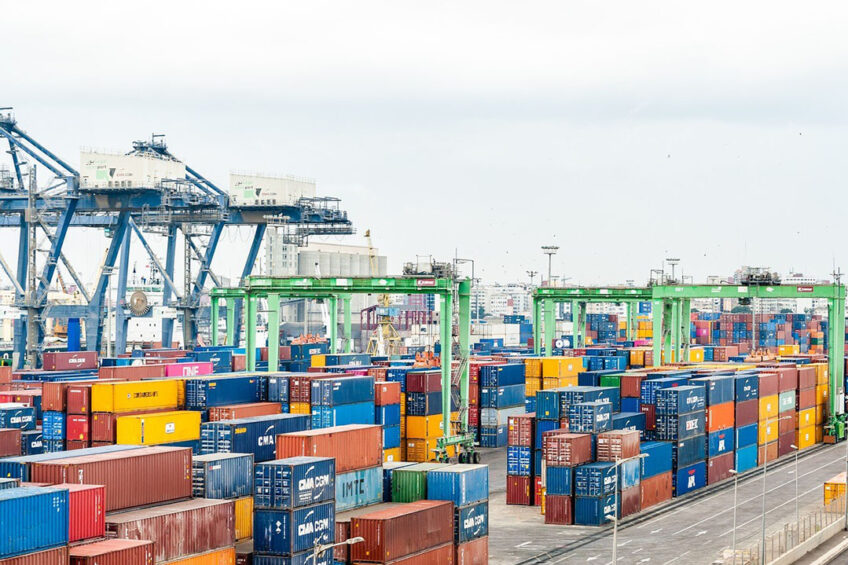UK lifts sanitary controls on Brazilian poultry and beef imports

The UK has lifted a range of sanitary controls on Brazilian poultry and beef imports following the results of an 11-day audit carried out last October.
The audit – the first mission abroad post-Brexit – reviewed the enhanced salmonella checks in place for exports to Great Britain of poultry meat and beef and their preparations. An audit team visited Brazil’s central competent authority, 6 regional authorities, 2 decentralised certification centres, 8 slaughterhouses, 4 other food business operators, 2 farms and 4 laboratories.
In a report released produced by the UK’s Department for Environment, Food and Rural Affairs, the government concluded that Brazil had made significant progress in correcting “the systematic failings in the framework of controls and the application of those controls that led to the imposition of enhanced salmonella controls”.
It said changes to legislation and a restructuring of the competent authorities had strengthened the regulatory oversight of exports and had clarified accountabilities.
Approval systems reinstated
It means that the UK has ended reinforced inspections on Brazilian meat imports and reinstated established approval systems. So, exports of poultry meat and beef products from Brazil no longer need enhanced pre and post-import testing for salmonella or the added attestation attached to health certificates confirming salmonella sampling, methods of analysis used and results.
Last year, Brazil exported US$282.2 million in poultry to the UK, and since Brexit, Brazilian agricultural exports to the UK have risen by 67%, reaching US$1.8 billion in 2022.
The report did make some recommendations around further improvement of food safety, including delisting establishments, laboratory testing, contingency planning, and salmonella controls.
The UK also announced that it would impose regional import restrictions when cases of bird flu are identified. It means that if some poultry fall sick from avian influenza in a particular region, the UK will not impose a total nationwide ban.












